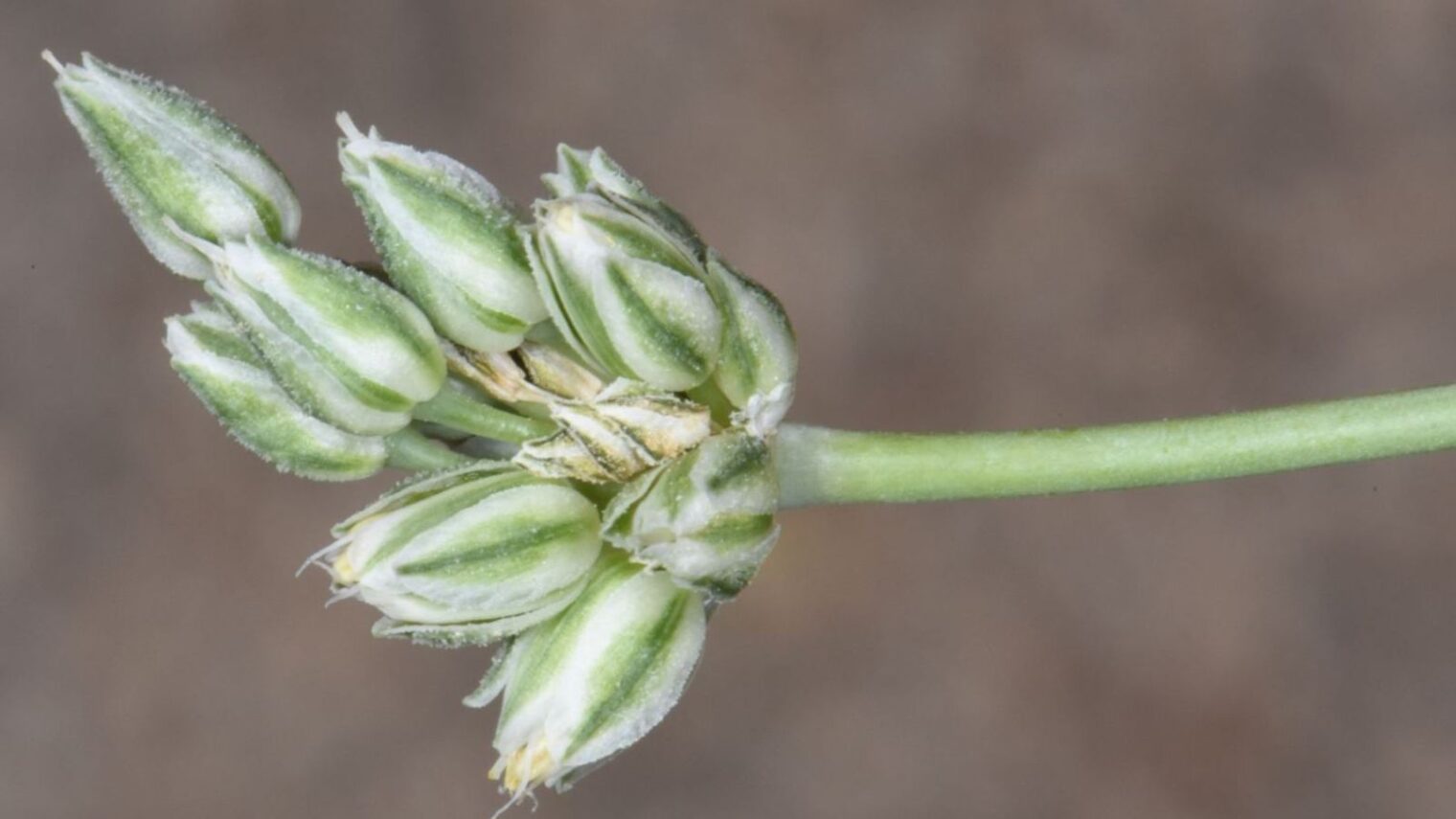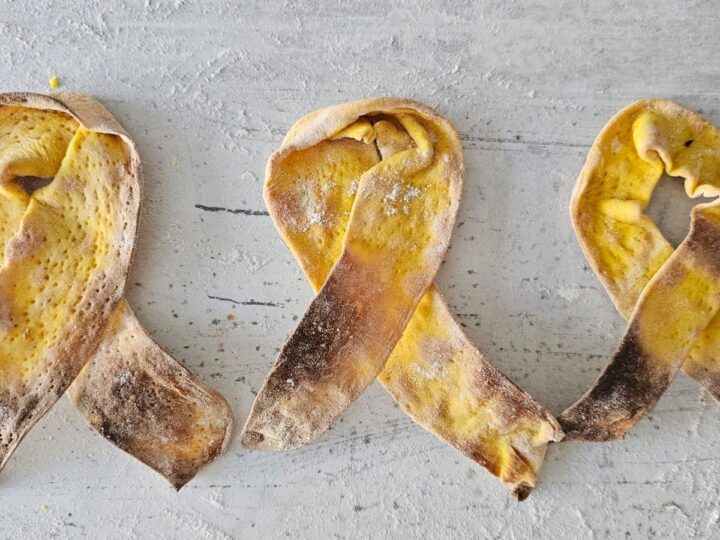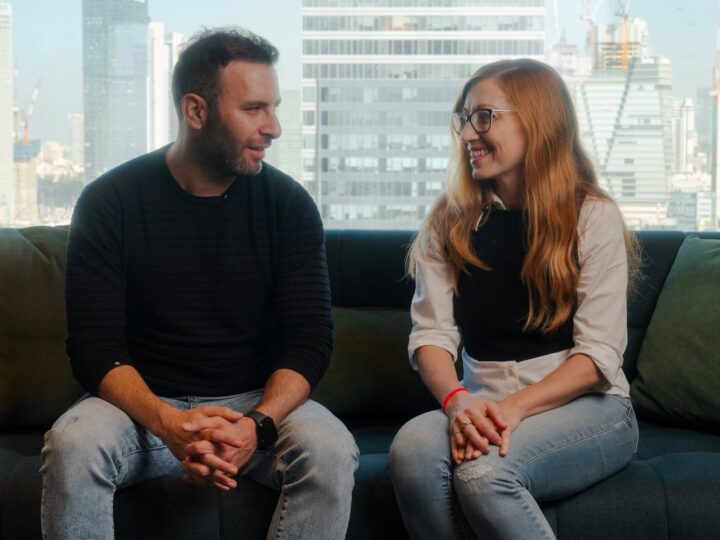In good news for garlic lovers worldwide, a new allium species was recently discovered in the Judean Hills. The bad news: it’s been observed in only three sites and is already in danger of extinction.
“I first found the garlic 10 years ago and I didn’t exactly identify it. I thought it was a different garlic species. But it stayed with me; it bothered me because I wasn’t completely satisfied with my identification,” explains botanist Ori Fragman-Sapir, the scientific director of the Jerusalem Botanical Gardens.
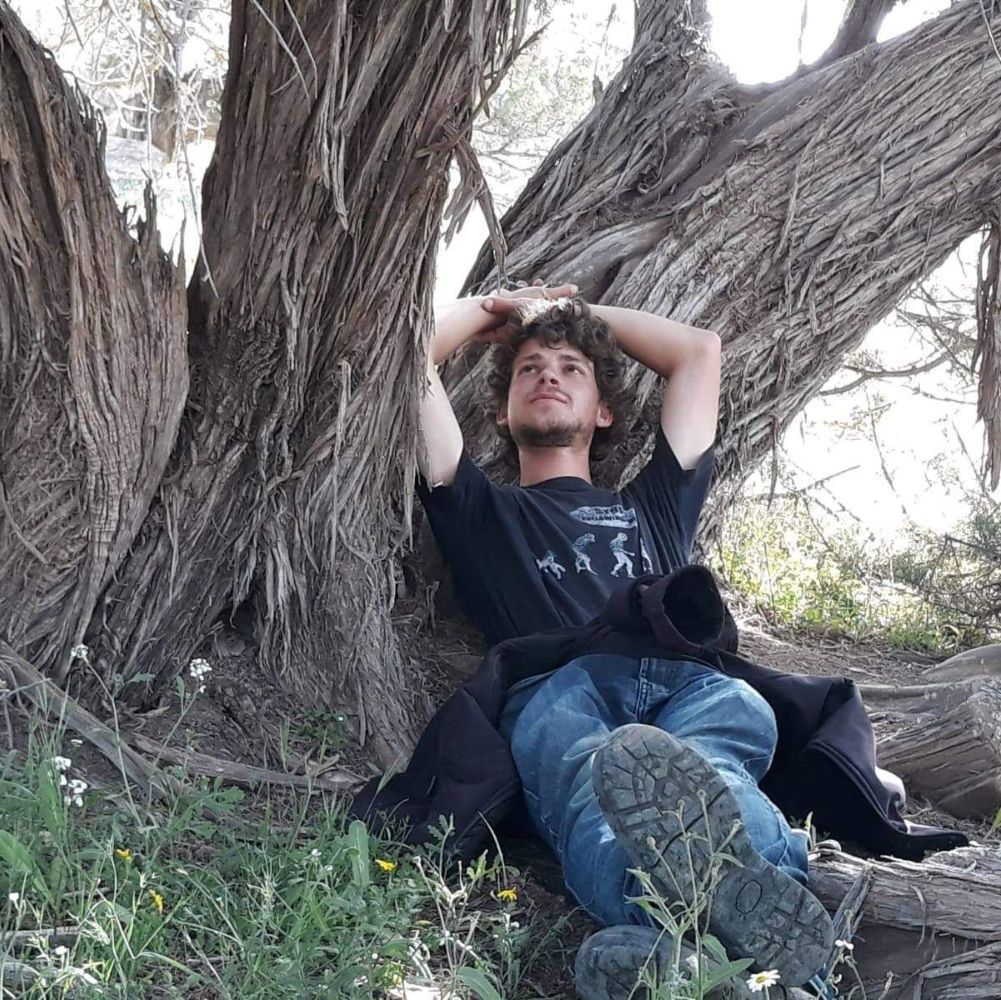
“But then a promising young botanist called Dar Ben-Natan found it in two more sites in recent years and contacted me. Suddenly we realized that we have something new in hand that is unlike anything else that we know.”
Their discovery was recently published in Curtis’s Botanical Magazine, the longest-running botanical magazine in the world, dating back to the 18th century.
“Regarding its properties, it’s very different from other alliums. But by the way, it’s not a very impressive-looking plant. It has these greenish flowers, but it’s not this big and beautiful plant,” Fragman-Sapirsays.
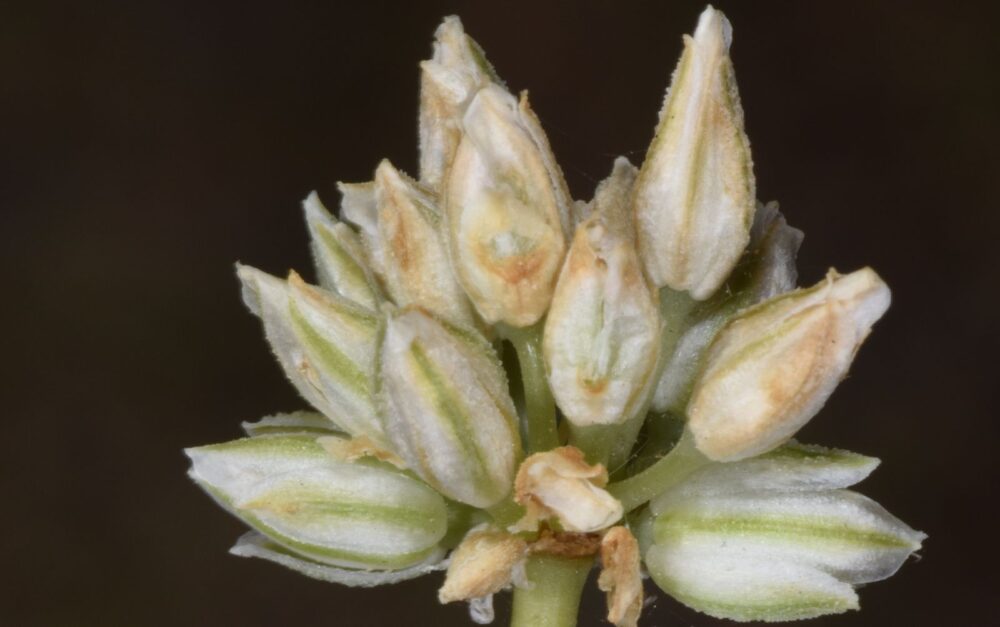
Unusually, the new allium species flowers rather late in the year, in May and June. It is also yet unclear whether it’s edible. The two researchers called it Allium judaeum in honor of the three Judean Hills spots where it was found, and are working to conserve it.
Since it is endemic to three locations, each with a limited number of plants, the new species is already understood to be endangered.
Rare but not impressive
“When we talk about the conservation of the variety of plants in Israel, we usually talk about the conservation of beautiful flowers, or of plants with economic value. But then there are also all types of plants that are very rare but not that impressive, like the Allium judaeum,”Fragman-Sapir notes.
“A lot of people ask why we’re conserving such an unimpressive plant. The answer is that we aren’t yet familiar with the new plant’s genes. It might be that the plant will end up contributing to the growing of cultivated garlic and onion,” he says.
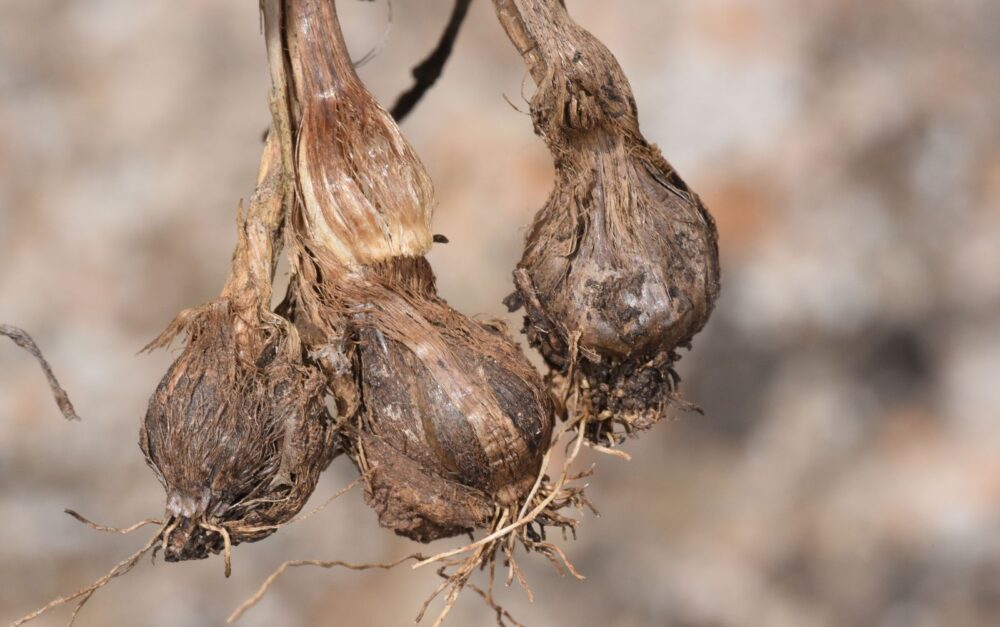
“Or it might be that the plant has properties that are resistant to disease or drought that can be utilized for cultivated species, or it might be that other chemicals will be found and utilized for different purposes such as medicine. First of all,we conserve the variety and then over the years discover the properties.”
Furthermore, he adds, “You can also approach the question of preserving plant varieties from a moral perspective: What right do we have to obliterate the creatures upon this earth?”
Extinction, Fragman-Sapir notes, usually occurs because of the destruction of the plants’ natural habitat. In Israel, that often happens because of development and construction.
Grown in buckets
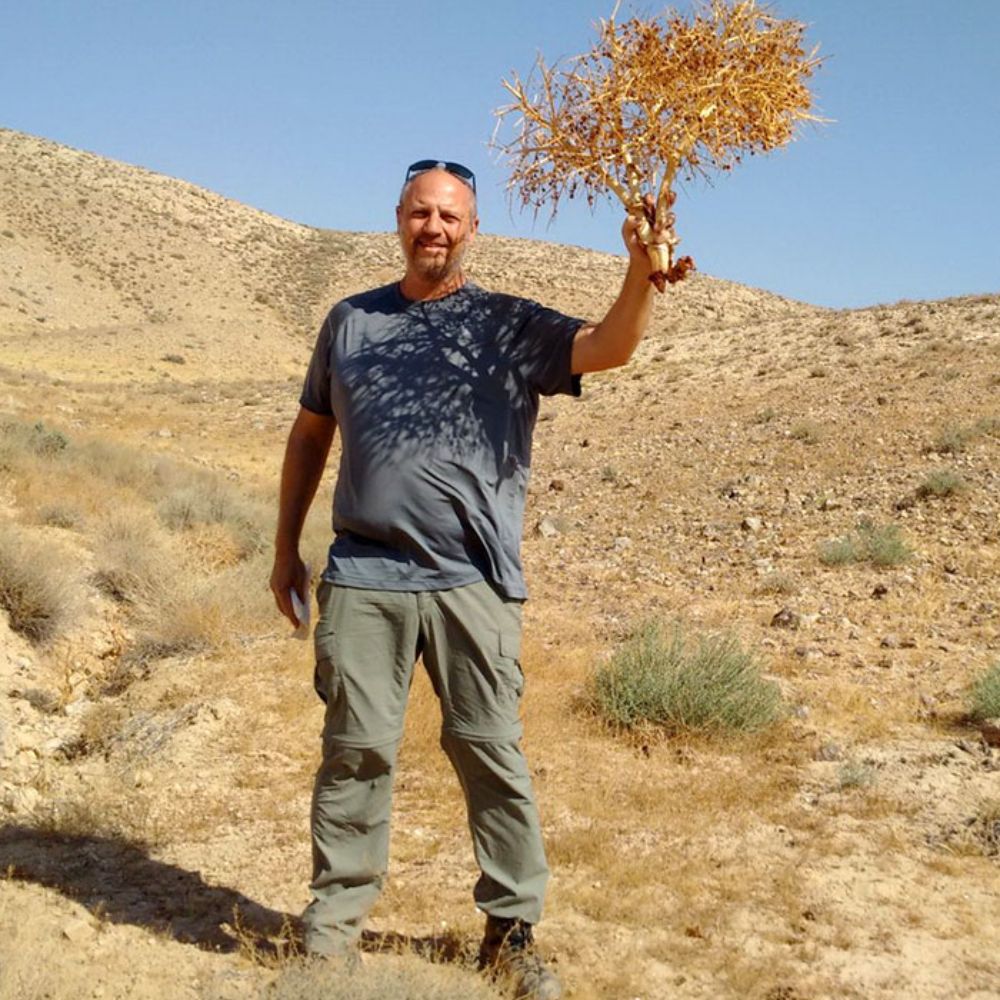
Efforts are now being made to conserve the new allium species both in its natural habitat and at the Jerusalem Botanical Gardens, where the plants are being grown in buckets.
“We’re creating a backup for the small number of plants that can be found in nature,” Fragman-Sapir explains.
Discovering new plant species in Israel, by the way, is uncommon but not unheard-of.
“Certainly, we’re conducting research on more plants and we’re currently writing all sorts of articles on other species. Generally speaking, Israeli flora has been researched, but once in a while we discover something new,” Fragman-Sapir concludes.




